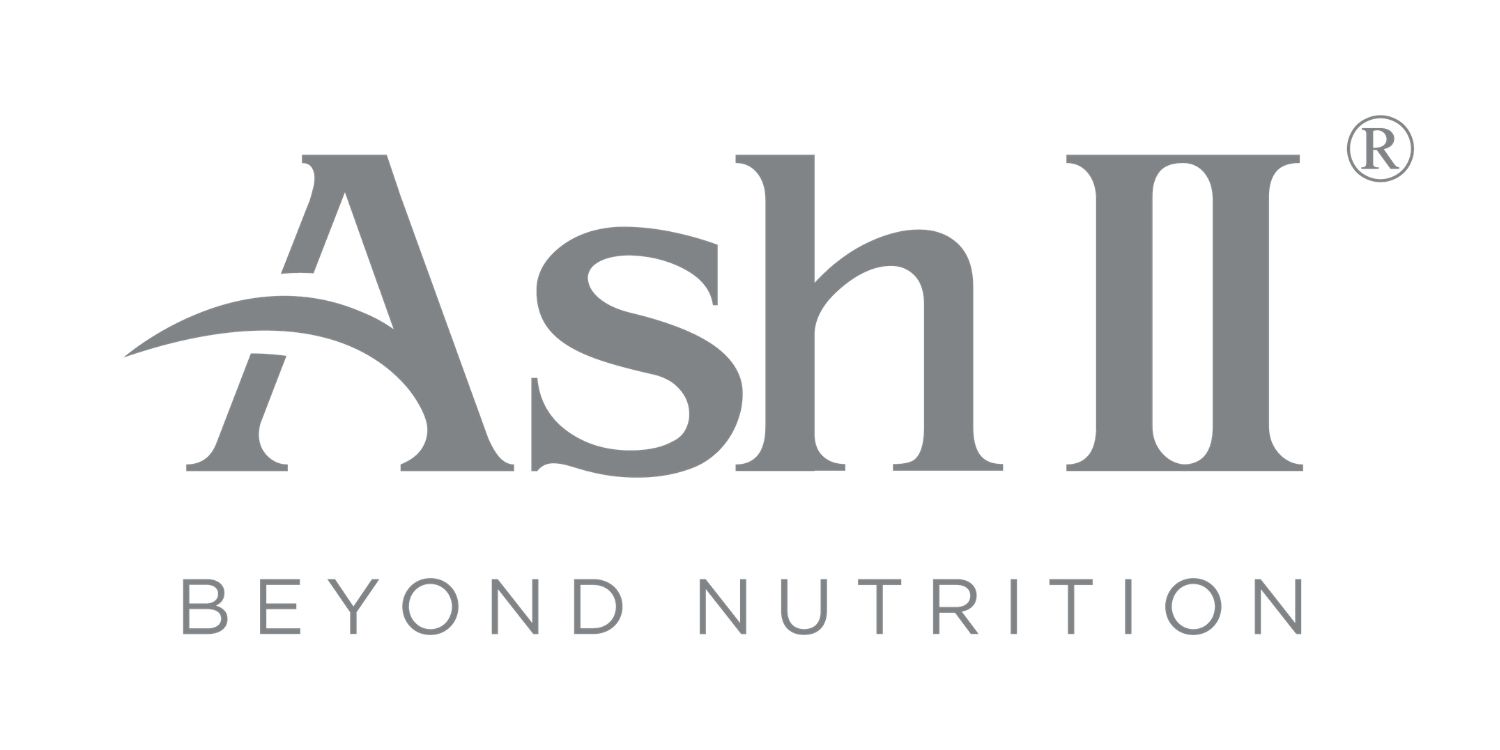We often hear the well-known quote: “When diet is wrong, medicine is of no use. When diet is correct, medicine is of no use.” This saying highlights the idea that our health is greatly influenced by what we eat, impacting both our inner and outer well-being.
For instance, consuming foods high in sugar and fat can lead to the growth and strengthening of harmful bacteria in our bodies.
This can result in health problems like insulin resistance and a higher body mass index (BMI). An excessive increase in bad bacteria can make it challenging for good bacteria to control them.
Probiotics and prebiotics both have important roles in preserving a healthy gut environment. They work together to maintain our digestive system and overall well-being in good condition.
What are prebiotics and probiotics?
Probiotics are foods and supplements containing live microorganisms that work towards enhancing and maintaining the beneficial bacteria within the body’s normal microflora. They actively contribute to a balanced gut environment.
Prebiotics are foods that are rich in fibre and serve as nourishment for the body’s microflora. Prebiotics primarily work towards fostering a healthier equilibrium among these microorganisms and act as growth, nourishment, and sustenance for the good bacteria residing in the gut to fight against the bad bacteria present.
Food rich in prebiotics and probiotics
Food items that contain probiotics include yoghurt, kefir, kimchi, and sauerkraut, while prebiotics are found in sources like oats and barley, vegetables like asparagus and onions, fruits like bananas, and legumes like chickpeas, whole grains, leafy greens, garlic, soybeans, and artichokes.
How do prebiotics and probiotics influence gut health?
- Prebiotic and probiotic foods enhance the presence of good bacteria in the gut and build their resistance against the bad bacteria.
- Maintaining good internal gut health with the presence of healthy bacteria helps improve immune system functions.
- Good health inside translates into a healthy mind and positive feelings, which stands true as good gut health with enhanced digestive system alleviates depression symptoms.
- The presence of good bacteria with the help of prebiotic and probiotic foods and supplements helps manage insulin resistance, maintain healthy BMI and control obesity.
- Certain gut bacteria play an important role in producing vitamin K and short-chain fatty acids, which are important nutrients for the cells lining the colon. They foster a robust gut barrier that safeguards against harmful substances, viruses, and bacteria.
- Consumption of probiotics and prebiotics helps prevent diarrhoea or reduce its severity.
- Probiotics help prevent the side effects of antibiotics and any strong effects that they have on the digestive system.
- The presence of good gut bacteria helps reduce inflammation and may even lower the risk of cancer.

What are prebiotic and probiotic supplements?
Probiotic supplements contain live beneficial bacteria that are also naturally present in the gut. It is predominantly needed to help restore and maintain a balanced mix of good and bad gut bacteria to support digestion, nutrient absorption, and immune function.
Prebiotic supplements consist of specialised fibres that enhance the health of good gut bacteria by acting as a source of energy, thereby indirectly enhancing digestion, immunity, and the reduction of inflammation.
These supplements provide a means to improve gut health through microbial balance or nourishment.
Why is consuming prebiotic and probiotic supplements essential?
Prebiotic and probiotic supplements play an important role in improving gut health, especially for individuals with an imbalance of beneficial gut bacteria compared to harmful ones.
In many cases, even dietary intake may not restore optimal bacterial balance, necessitating the use of extra sources of prebiotics and probiotics to promote a healthier gut environment.
Final Takeaways
The importance of having a well-balanced mix of gut bacteria, with a higher proportion of beneficial ones compared to harmful ones, cannot be overstated. In fact, imbalances in gut bacterial levels can lead to various health problems.
Consuming foods rich in probiotics and prebiotics is crucial for maintaining overall health and bodily functions, contributing to a sense of well-being both internally and externally.
Sometimes, even with a healthy diet, using probiotic and prebiotic supplements might be necessary to address potential health risks linked to poor gut health. Remember to include these nutrient-rich foods and supplements in your daily diet to promote a healthy and active lifestyle.




